T4K3.news
Flores policy stays in place after court ruling
A federal judge denied the Trump administration bid to end the Flores policy protecting immigrant children in custody.
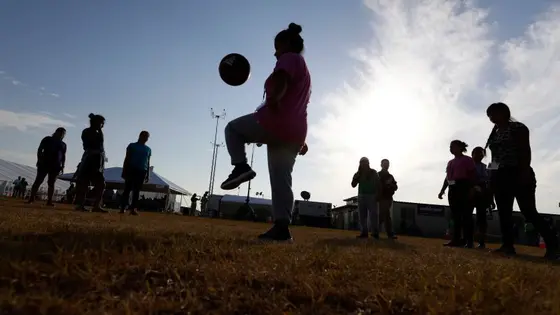
A federal judge denies the Trump administration bid to end a long standing policy protecting migrant children in custody.
Flores settlement ruling keeps guardrails in place
In Los Angeles on Friday, US District Judge Dolly Gee denied the Trump administration bid to end the Flores Settlement Agreement, a policy framework guiding the custody and care of immigrant children in federal detention for nearly three decades. The ruling followed a hearing with the federal government and advocates for immigrant children. Gee noted there is nothing new under the sun regarding the facts or the law and warned that abandoning a system that already operates under clear standards would be a mistake.
Advocates say the Flores Settlement Agreement sets minimum standards for shelters, medical care, food, supervision, and detention time. The government argues the agreement blocks capacity expansion for families. New data presented to the court show detention times that exceed the 72 hour limit in recent months: 46 children held more than a week, six of them more than two weeks, and 14 toddlers held for up to 20 days in April. The Biden administration last year partially ended the agreement, and Gee ruled that special court supervision may end when HHS takes custody, with exceptions for facilities with more acute needs. The government also points to plans to build new detention centers including a Florida site nicknamed Alligator Alcatraz. The court has not yet ruled on expanding independent monitoring of CBP facilities beyond the El Paso and Rio Grande Valley regions.
Key Takeaways
"There is nothing new under the sun regarding the facts or the law"
Gee on the basic legal baseline for the ruling
"These improvements are direct evidence that the FSA is serving its intended purpose"
Judge Gee cites progress under Flores
"Progress should not lead to abandoning protections for children"
Advocates caution against ending safeguards
"Guardrails protect the vulnerable as policy shifts unfold"
Editorial note on the ruling’s significance
By blocking the complete end to Flores, the ruling preserves a judicial guardrail as immigration policy evolves. It shows how courts can slow or shape executive decisions when basic safeguards are at stake. The case also highlights a long standing tension between deterrence strategies and humanitarian standards, a theme that recurs in every new proposal to detain or process families at the border.
Beyond this ruling, the Flores framework remains a yardstick for how immigration policy is evaluated by courts and lawmakers. This decision suggests that oversight will endure as policies shift, especially in areas tied to child protection and detention capacity. The debate over monitoring, space for reform, and budget constraints will likely shape future court actions and political pressure alike.
Highlights
- Guardrails protect the vulnerable as policy shifts unfold
- Progress does not erase the need for oversight
- There is nothing new under the sun regarding the facts or the law
- Flores oversight remains central as policy changes unfold
Political and budget sensitivity in detention policy
The ruling touches on budget and political sensitivity around immigrant detention. It highlights ongoing public reaction and potential backlash as policy arguments clash with humanitarian safeguards.
Policy shifts will keep testing the line between safety rules and border politics.
Enjoyed this? Let your friends know!
Related News
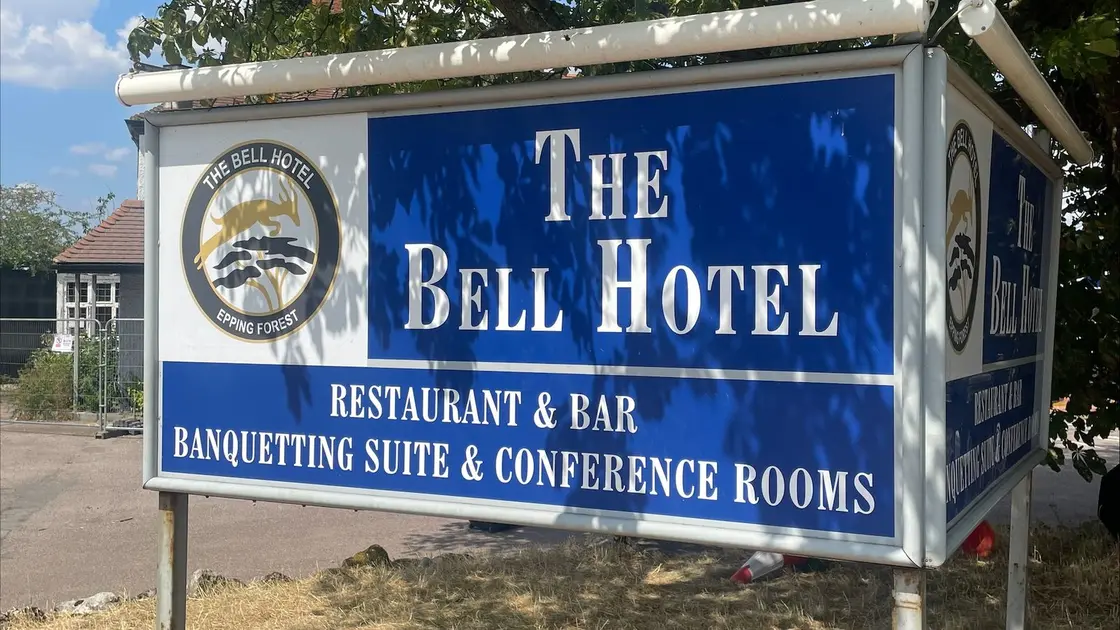
High Court to decide on Bell Hotel case
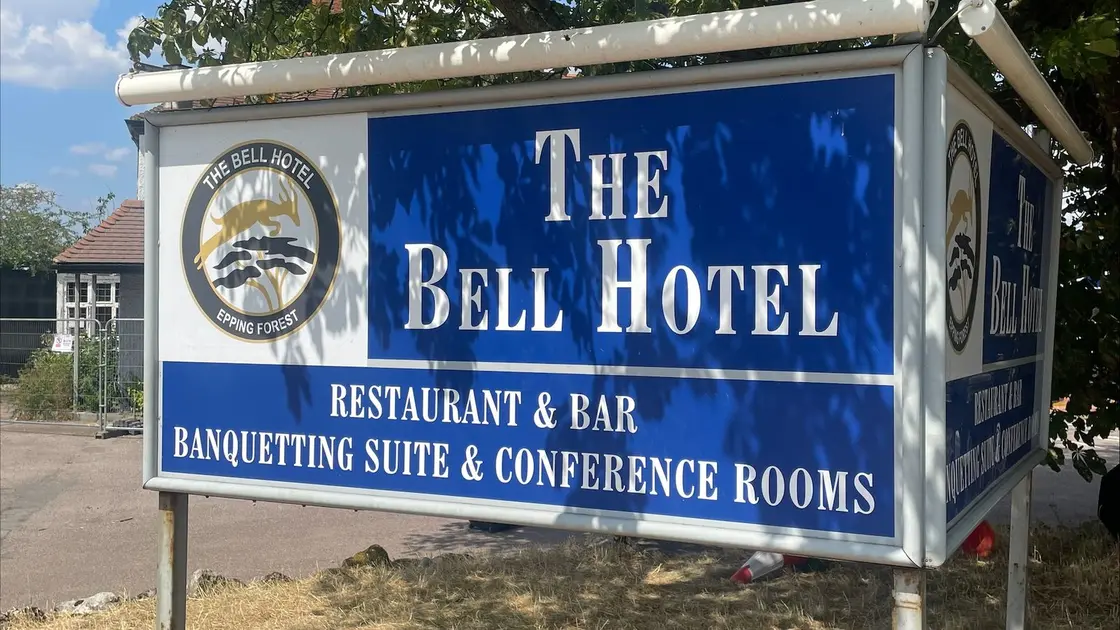
High Court injunction blocks asylum seeker housing at Bell Hotel
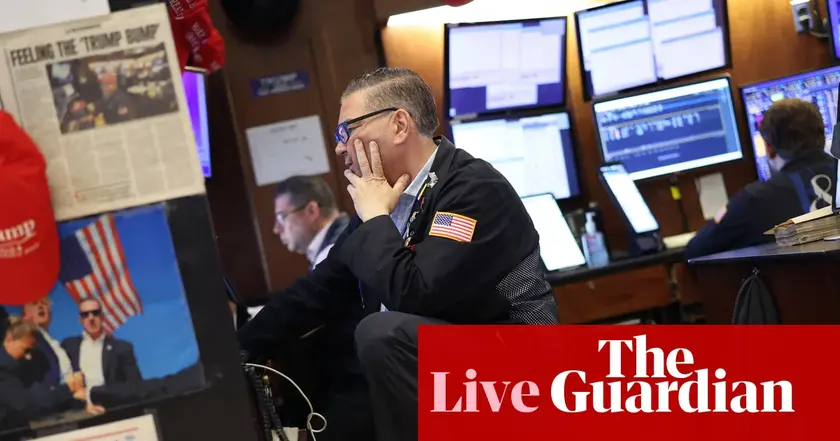
Thames Water contingency plans approved
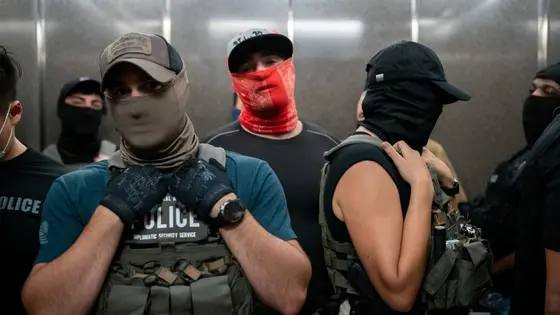
ICE arrests immigrants differently in red and blue states
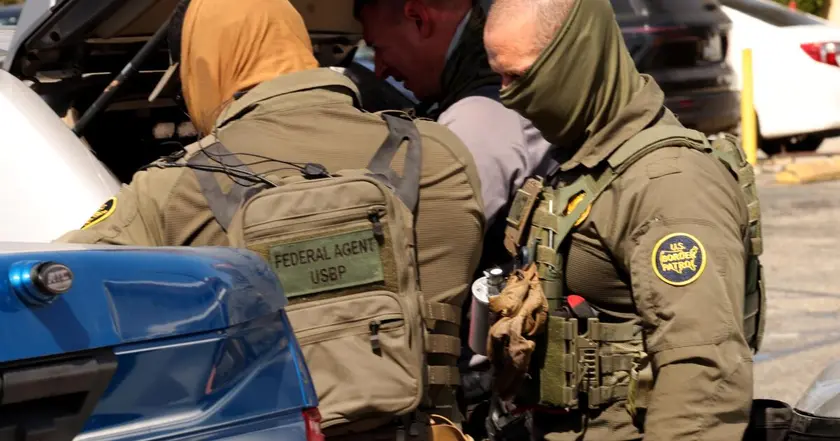
Ninth Circuit maintains block on ICE patrols in California
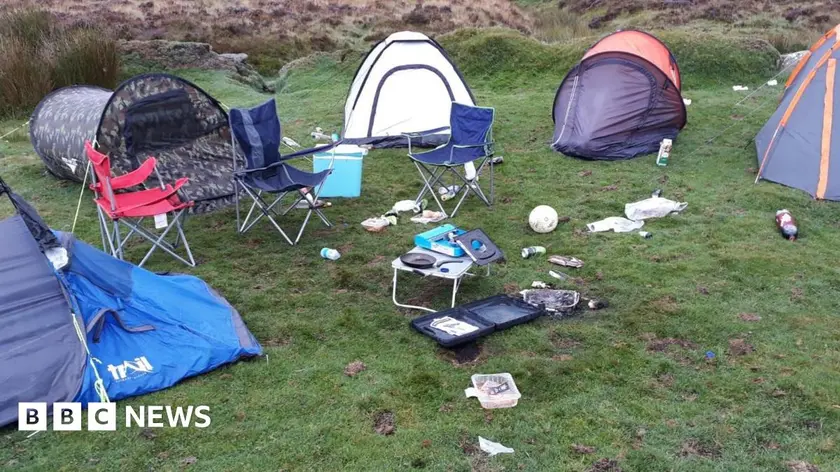
Surge in Dartmoor fly camping after ruling
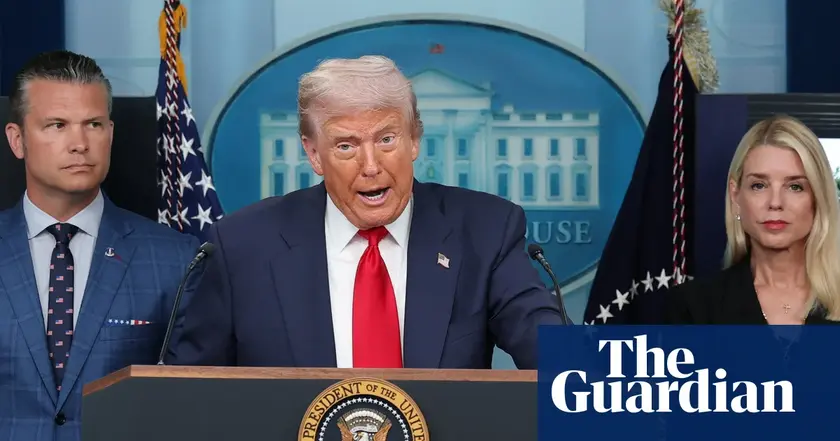
Federal control of DC police deployed

Judiciary halts new arrivals at Epping asylum hotel
